Author: Erica Perebijnos
-
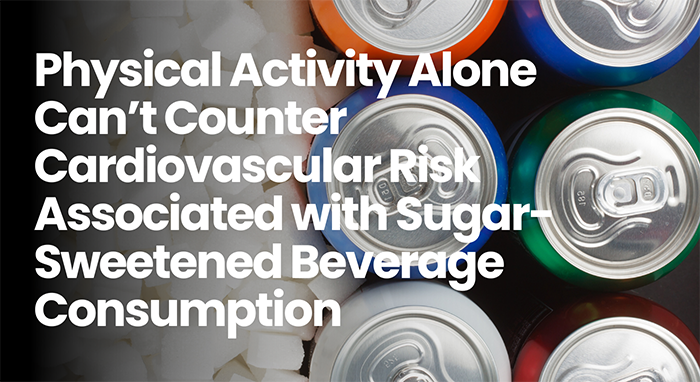
Physical Activity Alone Can’t Counter Cardiovascular Risk Associated with Sugar-Sweetened Beverage Consumption
Contrary to popular belief, the benefits of physical activity do not outweigh the risks of cardiovascular disease associated with drinking sugar-sweetened beverages, according to a new study led by Harvard T.H. Chan School of Public Health. Source: Université Laval Sugar-sweetened beverages are the largest source…
-

Benefits of Resistance Exercise in Treatment of Anxiety and Depression
A new study by researchers at University of Limerick in Ireland and at Iowa State University has demonstrated the impact resistance exercise training can have in the treatment of anxiety and depressive symptoms. Source: University of Limerick The new study provides evidence to support the…
-

Can Practicing Self-Compassion Help People Achieve Weight Loss Goals?
Drexel study finds being kind to oneself helps people cope with setbacks and resume pursuing goals faster. Source: Drexel University Losing weight is extremely difficult because high-calorie, delicious food is very accessible. Despite best intentions, it’s common to wind up overeating. These setbacks can be…
-
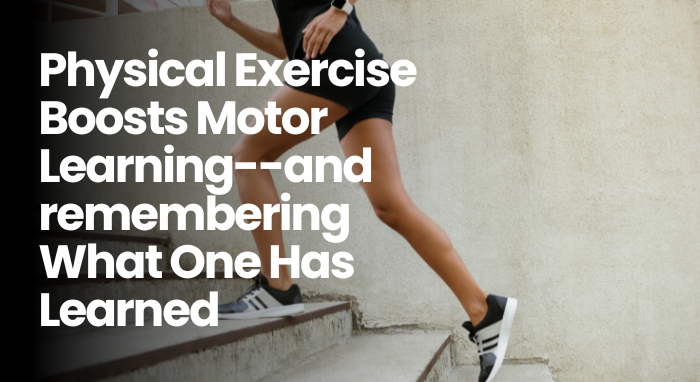
Physical Exercise Boosts Motor Learning
Violinists, surgeons and gamers can benefit from physical exercise both before and after practicing their new skills. The same holds true for anyone seeking to improve their fine motor skills. This is demonstrated by new research from the University of Copenhagen, which, among other things,…
-

Scientists Identify How Dietary Restriction Slows Brain Aging and Increases Lifespan
Restricting calories is known to improve health and increase lifespan, but much of how it does so remains a mystery, especially in regard to how it protects the brain. Scientists have now uncovered a role for a gene called OXR1 that is necessary for the…
-
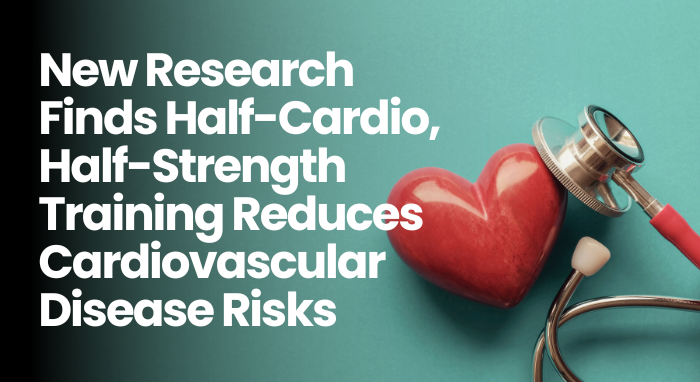
New Research Finds Half-Cardio, Half-Strength Training Reduces Cardiovascular Disease Risks
Approximately one in three deaths in the U.S. is caused by cardiovascular disease, according to the U.S. Centers for Disease Control and Prevention. New research indicates that splitting the recommended amount of physical activity between aerobic and resistance exercise reduces cardiovascular disease risks as much…
-
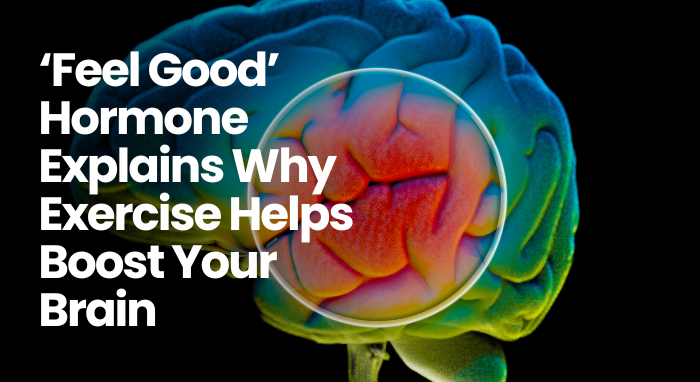
‘Feel Good’ Hormone Explains Why Exercise Helps Boost Your Brain
A study exploring the mechanisms behind why cognitive performance improves in response to exercise, has found that dopamine plays a key role. Source: University of Portsmouth The neurotransmitter and hormone, Dopamine, — which is tied to pleasure, satisfaction and motivation — is known to increase…
-

Black Tea May Help Your Health Later in Life
A daily cup of tea could help you to enjoy better health late in life — however if you’re not a tea drinker, there are other things you can add to your diet. The key is flavonoids, which are naturally occurring substances found in many…
-
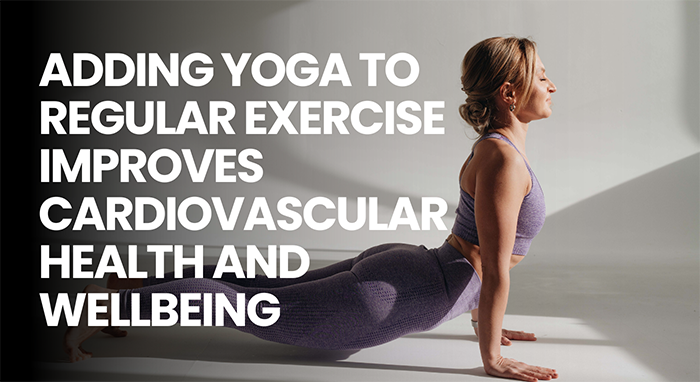
Adding Yoga to Regular Exercise Improves Cardiovascular Health
A three-month pilot study of patients with hypertension demonstrates that adding yoga to a regular exercise training regimen supports cardiovascular health and wellbeing and is more effective than stretching exercises. Incorporation of yoga reduced systolic blood pressure and resting heart rate and improved 10-year cardiovascular…
-
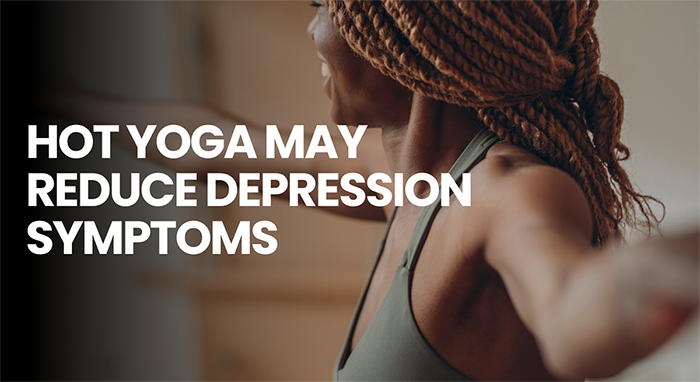
Hot Yoga May Reduce Depression Symptoms
In a randomized controlled clinical trial of adults with moderate-to-severe depression, those who participated in heated yoga sessions experienced significantly greater reductions in depressive symptoms compared with a control group. In the eight-week trial, 80 participants were randomized into two groups: one that received 90-minute…
